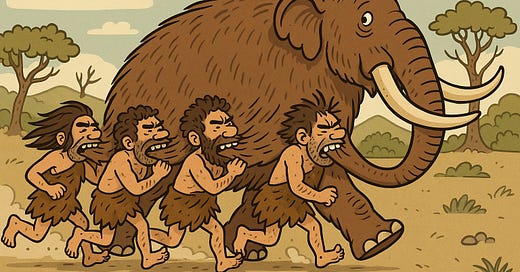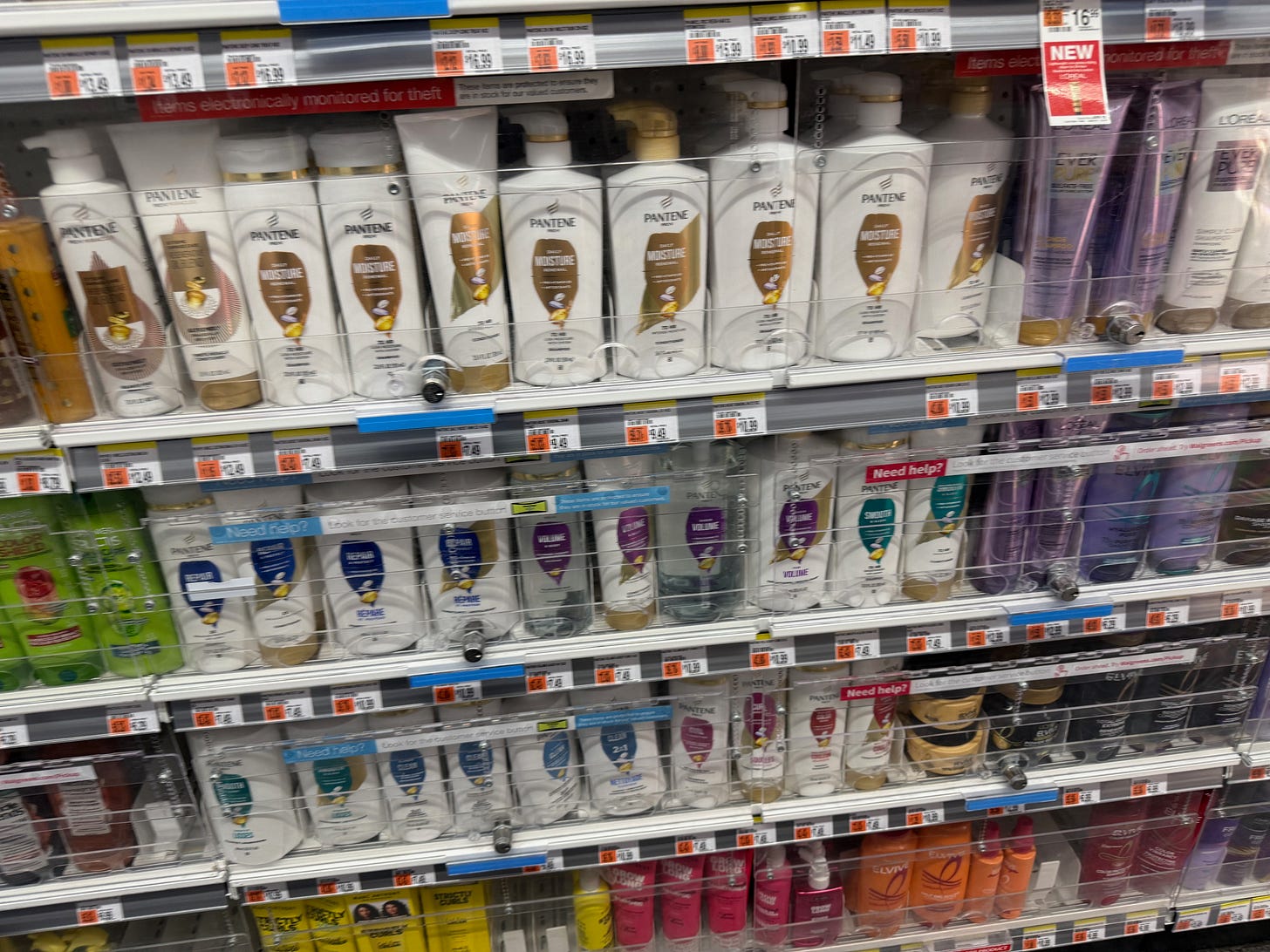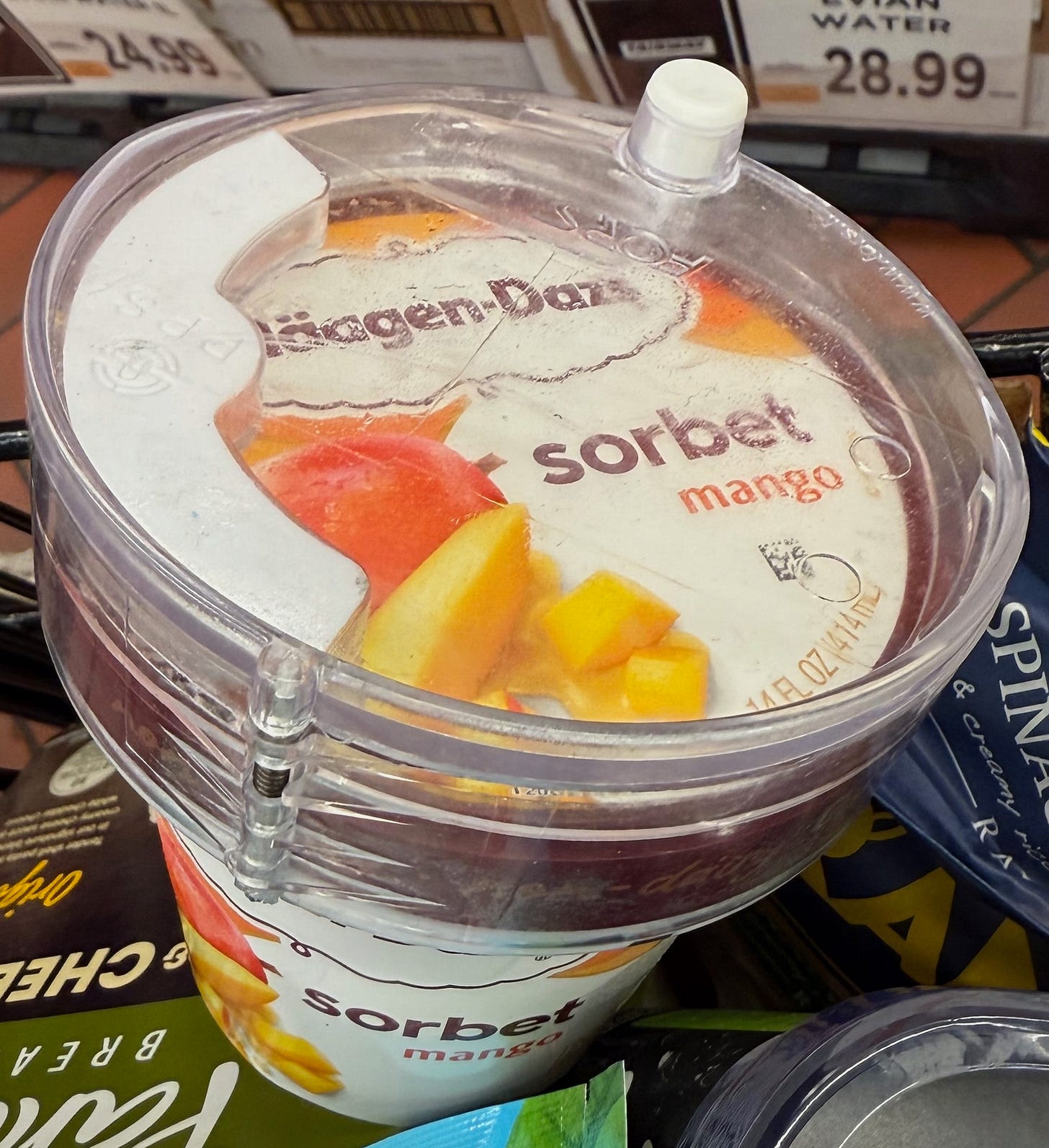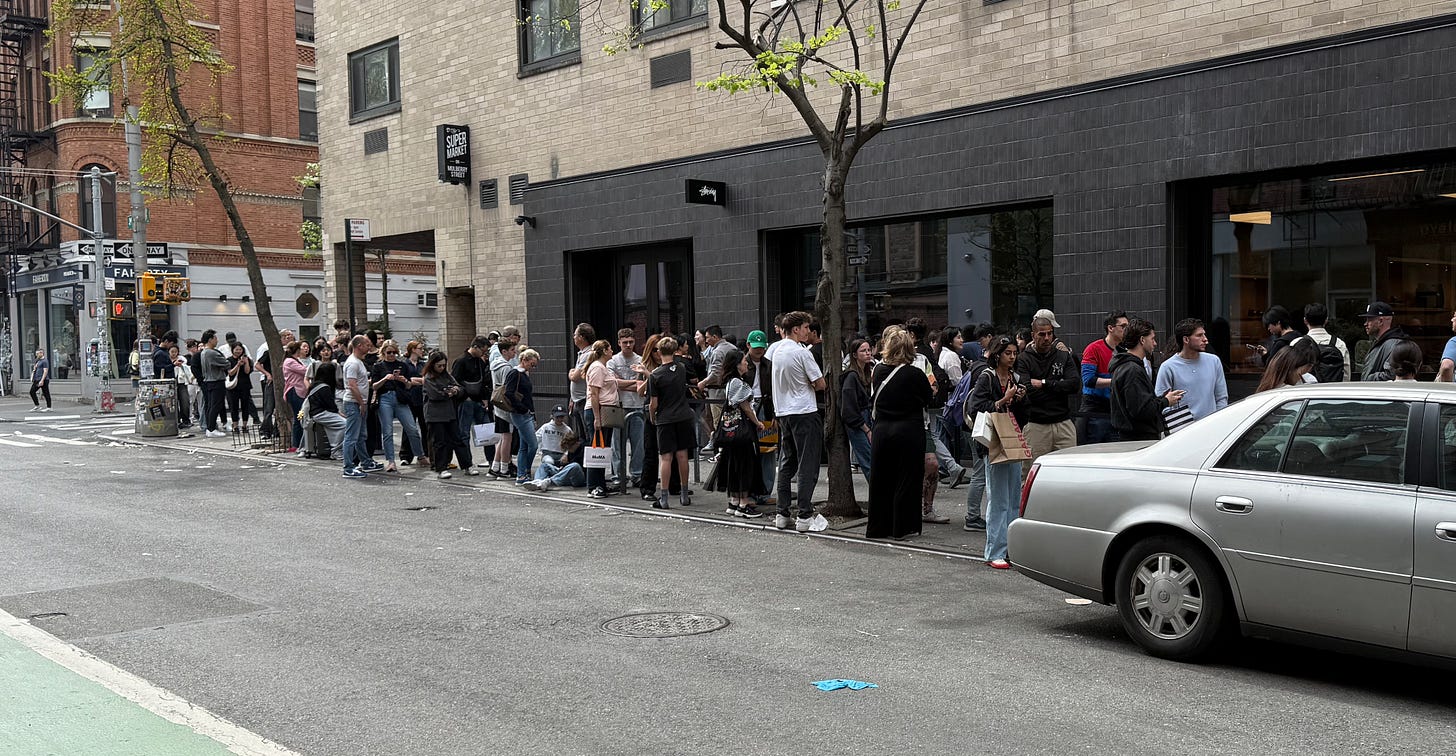Recently I spent several days in New York City, having traveled there for the same reason that, over the years, has compelled so many millions of people to visit that world-class center of art and culture: My daughter was having her wisdom teeth extracted.
You may wonder: Why do we even have wisdom teeth? To answer that question, we must go back millions of years to the Paleolithic Era, which gets its name from the Greek words "paleo," meaning "a whole lot of," and "lithic," meaning "chewing."
Paleolithic humans ate what we call the Paleo Diet, or, as it was known back then, the Regular Diet. It consisted of naturally disgusting foods such as roots and raw mastodon meat. Because this food was unprocessed, early humans had to chew it for a long time before they could swallow it, especially if the mastodon was still moving. Legend has it that one tribe chewed on a mastodon for three full weeks, trotting alongside it all the way across the land bridge from Asia, which led to the discovery of North America, or, as it was known back then, North Mexico.
Because they did so much chewing, those early humans developed large jaws, so they needed all the teeth they could get their hands on. They never had to have teeth extracted, which was fortunate for them because the sedation method employed by Paleolithic dentists involved hitting the patient with a rock. ("OK, you're going to feel a brief thud.")
Since those prehistoric times, the human diet, except in the case of Robert F. Kennedy Jr., has changed drastically. Today, thanks to science, we eat modern processed foods such as Hostess Ding Dongs and General Tso's Chicken. These foods require minimal chewing. Some of them — I'm thinking here of Cheez-Its — can go directly from the box into your stomach without any conscious action on your part.
As a result, over the millennia, the human jaw has gotten smaller, thanks to evolution. Unfortunately, our bodies continue to produce the same number of teeth, thanks to the lobbying efforts of the powerful American Dental Association. Thus many people have to get their wisdom teeth extracted, including my daughter, Sophie, who lives in New York City. So Michelle and I went up there to help with her recovery and also get some decent bagels.
Michelle's role in the recovery was to hover around Sophie and ask her every 30 seconds how she was feeling. Sophie, whose mouth was full of gauze, always answered "Mmmphhnng," which meant either "I'm fine" or "Fire ants are attacking my gums."
My role — speaking of the Paleolithic Era — was hunter-gatherer. Michelle sent me on various missions, which meant I had to venture out into the bustling streets of Manhattan, which means I will never be able to pass a drug test again, because I was breathing an atmosphere consisting of 15 percent oxygen and 85 percent marijuana fumes. I don't know where all these fumes were coming from; I'm guessing that somewhere deep in the bowels of the city there's a huge incinerator, operated 24/7 by unionized city workers, burning a gigantic municipal doobie. Because there's no way you could produce a weed aroma that strong using only random civilians.
Most of my missions involved going to the drugstore. The good news is, Manhattan has a LOT of drugstores. At some point in the distant past, a possibly mythical figure known as "Duane Reade" came through the city, much like Johnny Appleseed, but instead of apple trees he planted drugstores everywhere, so New York now has roughly three of them for every resident.
The bad news is, most of the products in these drugstores are locked up, to guard against the danger that some consumer might get hold of them. Here, for example, is the shampoo section of a drugstore in Sophie's neighborhood:
You actually can buy things in a New York drugstore, but you have to press a little doorbell-style button to alert the store staff that you wish to make a purchase. Then you wait for an employee, who eventually comes around to unlock the case, watch you make your selection, then re-lock the case. If you have multiple items on your shopping list, pretty soon this employee knows more about you than anyone else on the planet. It's a convenient AND fun way to shop!
And it's not just the drugstores. Before Sophie's extraction, we went to a Manhattan supermarket to buy soft foods for her to eat during her recovery. One of these foods was mango sorbet. Here's how it was packaged:
That's right: They lock up the sorbet. The cashier unlocks it when you buy it. But then, when you're back out on the street, you worry: Is it safe to be carrying a grocery item that needs this level of protection? Are you asking to be a crime victim? You can almost hear the New Yorkers, as they step over your bloodied, lifeless body on the sidewalk, saying: "What did he expect to happen? He was walking around with unsecured sorbet!"
Fortunately, nothing bad happened to us. In fact we had a fine time in New York. The bagels are still spectacular, and the weather was great. The streets were full of people enjoying the kinds of urbane and sophisticated activities that New Yorkers love to engage in, such as forming long lines for no apparent reason.
Best of all, Sophie's recovery went well. As she put it — and these are words I think we should all try to live by — "Mmmphhnng."
So that's my report on New York. And now, speaking of urbane and sophisticated, let's hear from you wonderful paying subscribers. Today I have two scientific polls for you:








Unsecured Sorbet would also be a good name for a band.
Ok, I've lived in NYC for 18 years, and this is the first time I've seen a sorbet chastity belt. Wild.